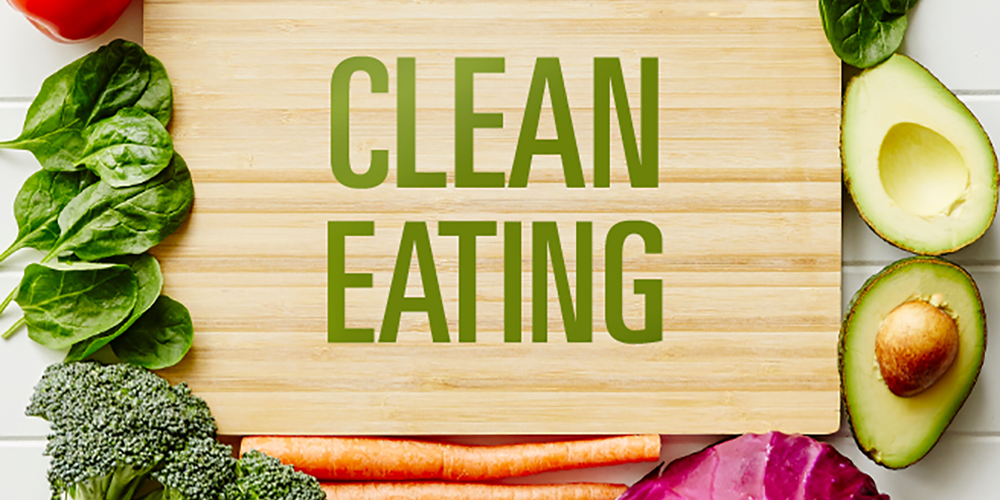
Are there drawbacks to clean eating?
Share
Clean eating has been popular with people focused on living healthy for some time now, but lately, there has been a bit of a backlash. With all things taken to extremes, there can be issues. But we wanted to get to the bottom of clean eating drawbacks, if there is such a thing.
Clean eating doesn’t have a scientific definition, and most followers of the practice define their own style. Generally, clean eating follows standard nutritional rules: eliminate processed foods and sugars, eat a lot of whole grains, and shop the outer ring of the grocery for veggies, fruit, etc. That all sounds great, but, there are real drawbacks if you follow a clean eating diet.
- It can be expensive. Buying fresh, organic produce can get pricey, especially in cold weather climates with limited growing seasons. However, if you are a savvy shopper you can find work arounds. Eat seasonal vegetables, including a lot of root veggies in the winter months. Shop at farmers markets and even Aldi, where prices are often lower.
- You can get off balance. The term clean eating implies that anything that doesn’t fit the strict description of clean is dirty, which can lead to a diet that doesn’t have variety. It can also leave you feeling guilty when you ‘cheat.’ Believe me, eating one donut is not going to crash your health into a tailspin. Be forgiving of yourself.
To be clear, clean eating can be a very good thing. Consuming large amounts of processed foods isn’t good for anyone. However, like all things, be sure to embrace it in moderation. Feeling deprived of some of your favorite foods doesn’t result in a joyful life. Eat a variety of foods, try to stay away from processed foods, make sure you get the nutrients you need (with help from supplements if necessary, and you’ll be taking care of yourself.



